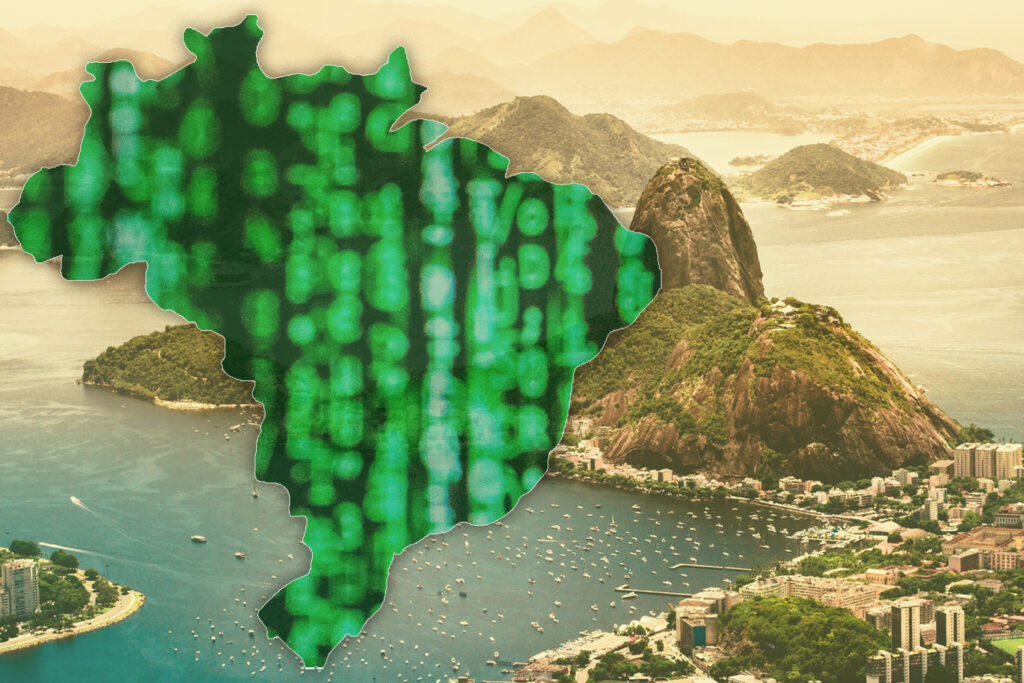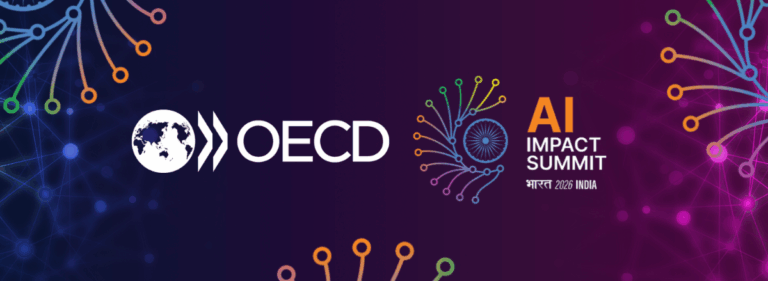Brazil should have a national artificial intelligence observatory. This is what it should look like
Brazil urgently needs an AI observatory, to connect researchers and disseminate knowledge.
Artificial Intelligence (AI) observatories around the world are critical hubs for coordinating and communicating AI developments. They produce and gather collective AI knowledge, identify and promote good practices, and connect researchers and other interested parties who are willing to build an AI ecosystem.
Brazil urgently needs an AI observatory, to connect researchers, disseminate knowledge and provide a platform to train Portuguese language models. What’s more, the observatory would promote coordination between AI centers in Brazil and dialogue with other observatories.
To encourage AI actors to establish an ethical and safe Brazilian AI ecosystems that is based on cutting edge technologies, Brazil should offer subsidies in the form of AI knowledge and platforms. A trustworthy AI ecosystem would position the country as an important global actor that promotes a human-centred approach to AI.

What Brazil’s AI observatory should do
- Produce and disseminate knowledge about the opportunities and impact of AI on public and private companies.
- Map out who produces knowledge and where Brazilians are developing AI. It should also conduct comparative studies that benchmark Brazil against what is happening elsewhere.
- Work with a wide array of partners to develop and innovate in globally relevant research that increases knowledge about evidence-based AI.
- Connect existing AI initiatives to foster a collaborative and multi-stakeholder AI ecosystem
- Inform and train the next generations with the skills they need to master and understand AI.
- Offer empirical subsidies for projects to improve public administration standards and processes and participate in drafting public laws and policies.
- Map out AI principles, governance initiatives and legislation as they relate the Internet for a clearer global understanding.
Challenges
- Create open datasets for machine learning training in Brazil, and experiment and test new models
- Create and coordinate a cluster of CPUs (Central Processing Units) for training machine learning models in Brazil.
- Provide safer and smarter engineering processes
- Manage security in an insecure world
- Make system algorithms fair, ethical and transparent
- Foster innovation in government
- Promote research in the sciences and humanities
Research goals, ideas and products
- Collect cases of AI adoption nationally and internationally to show the value that the most successful initiatives bring.
- Analyse the main enabling technologies, algorithms and implementations
- Identify main trends and conduct in depth analysis of solution categories
- Examine in depth the main techniques to master methods to development solutions
- Examine the main legal implications of AI in detail
- Analyse and examine in detail the implications that AI has on employment
- Discuss the ethical implications inherent to different AI solutions
- Identify online dangers and means to monitor and manage hate speech and misinformation
- Understand how safe and ethical AI can enhance innovation, focusing on the following dimensions: justice, transparency, privacy, security, robustness, control and resilience
- Produce reports, articles and workshops on the AI landscape that can be exploited by CGI.br, governments and universities
- Make data repositories available for training and studies on models (benchmarking and leader boards)
- Provide a national Brazilian environment for processing machine learning models
Engagement programs
- Create engagement programs with social effects such as Women in Data Science (WiDS), AI4ALL, Data Science for Social Good
- Contribute to public policies that aim to increase the number of women in the area
- Understand how gender bias and other underrepresented groups affect the research and application agenda for digital technologies
- Promote research on breaking barriers to accessibility in AI.
* Diogo Cortiz and Jefferson Silva, AI researchers at Ceweb, worked with Vagner Diniz on this post.

































